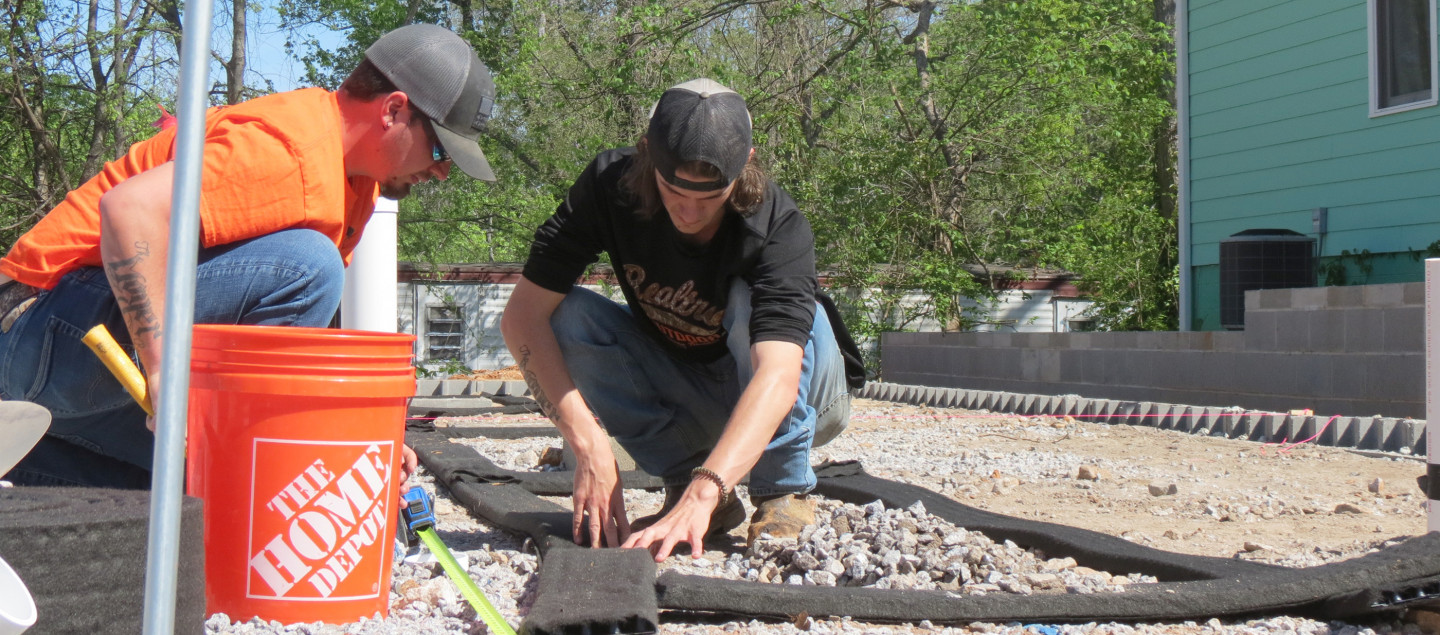UGA sponsoring radon poster contest for Georgia students

Radon, an odorless, colorless and tasteless gas, is the second-leading cause of lung cancer in the U.S., but it can be detected and mitigated with the help of local University of Georgia Cooperative Extension offices across the state.
Radon comes from the breakdown of uranium in granite and rocky soils, so Georgia’s wealth of granite bedrock increases the chance of household radon for its residents.
In an effort to spread awareness of the effects of this harmful gas and encourage participation in-home radon testing, the UGA Radon Education Program holds an annual poster contest for Georgia students between the ages of 9 and 14.
The top three winners receive prizes and their work is entered in a national contest. Winners also have their work featured in the program’s educational and promotional materials.
The deadline for this year’s contest is November 1, and with an average of more than 200 entries each year, the competition can be stiff.
To better understand radon gas and its dangers, students are encouraged to visit radon.uga.edu to research and gather information to help design their posters.
Radon can seep into homes through their foundations or through well water, said UGA Extension radon educator Rebecca Cantrell .
Homes in the northern half of the state are at greater risk of having elevated radon levels due to higher amounts of granite bedrock in that region, but any type of home in any region can be affected, she added.
“We encourage everyone to test their homes for radon,” Cantrell said. “That is really the only way to know if your home has it.”
Testing for radon is simple and test kits are available statewide at select UGA Cooperative Extension offices or online at radon.uga.edu.
For more information and contest promotional materials, email ugaradon@uga.edu or call (706) 583-0602.